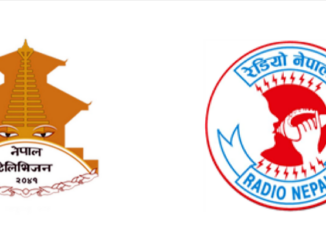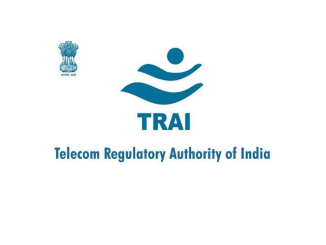The Telecom Regulatory Authority of India (TRAI) has released a consultation paper on ‘Formulating a Digital Radio Broadcast Policy for private Radio broadcasters’.At present, analogue terrestrial radio broadcast in India is carried out in Medium Wave (MW) (526–1606 KHz), Short Wave (SW) (6–22 MHz), and VHF-II (88–108 MHz) spectrum bands. VHF-II band is popularly known as FM band due to deployment of Frequency Modulation (FM) technology in this band.All India Radio (AIR) – the public service broadcaster – provides radio broadcasting services in MW, SW and FM bands. Private sector radio broadcasters are licensed to transmit programs in FM frequency band (88-108 MHz) only.Digital Radio broadcasting will provide a number of advantages over analogue radio broadcasting. The major advantage of Digital Radio broadcasting is capability of broadcasting three to four channels on a single frequency carrier, while ensuring excellent quality of audio for all the channels, whereas in the analogue mode only one channel broadcasting is possible on a frequency carrier.In a competitive environment, digital radio broadcasting can provide exciting new opportunities to radio broadcasters as well as a host of value-added-services to the listeners.All India Radio (AIR) has initiated digitization of its analogue MW and SW radio broadcast network and replaced its existing 38 analogue transmitters with digital transmitters. AIR has conducted trials for digital radio technologies in FM band also. However, any initiative in digitization of FM band by private FM radio broadcasters is still awaited.In order to develop an eco-system, which can facilitate deployment of digital radio broadcasting, TRAI suo-motu gave its recommendations on “Issues related to Digital Radio Broadcasting in India” on 1st February 2018.In its recommendations, the Authority recognized that there was a need to bring all the stakeholders – radio broadcasters, transmission equipment manufacturers, and digital radio receiver manufacturers – on one platform and to encourage them to work collectively for developing the ecosystem for digital radio broadcasting.The Authority also emphasized that the government should come out with a detailed policy framework for Digital Radio Broadcasting in India, which should provide detailed roadmap for rollout of digital radio broadcasting services in a time bound manner.Now, MIB vide its reference dated 23rd April 2024 has sought recommendations of TRAI on formulating a digital radio broadcast policy for private Radio broadcasters. MIB has mentioned that in order to cater to technology shift, some existing provisions under FM Phase-III policy may require a relook. MIB has also highlighted certain issues that may be considered while formulating recommendations for digital radio broadcast policy.Accordingly, TRAI has initiated this consultation process in order to seek stakeholders’ comments on various issues relating to formulation of digital radio broadcast policy for private Radio broadcasters.Written comments on the consultation paper are invited from the stakeholders by 28th October 2024. Counter comments, if any, may be submitted by 11th November 2024. […]






